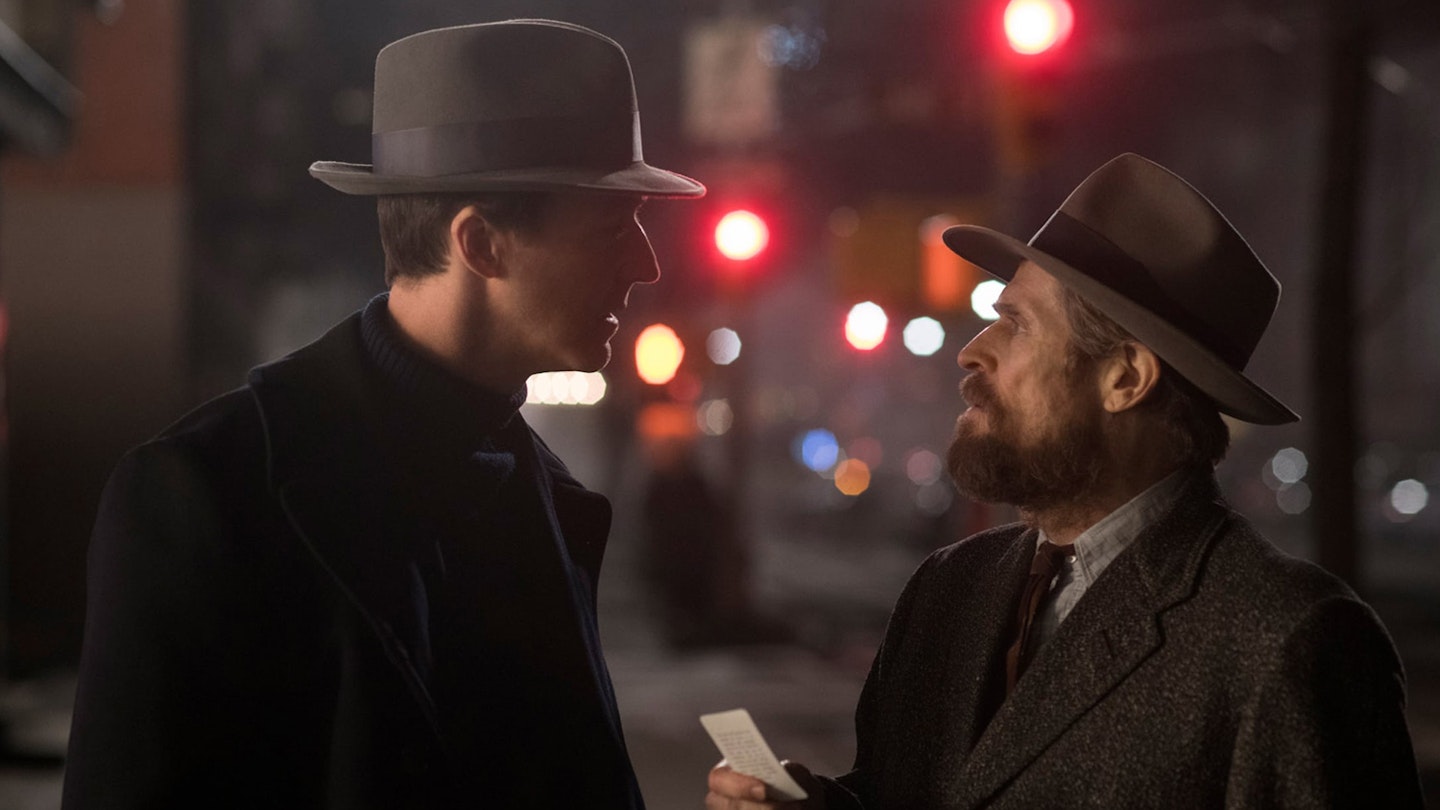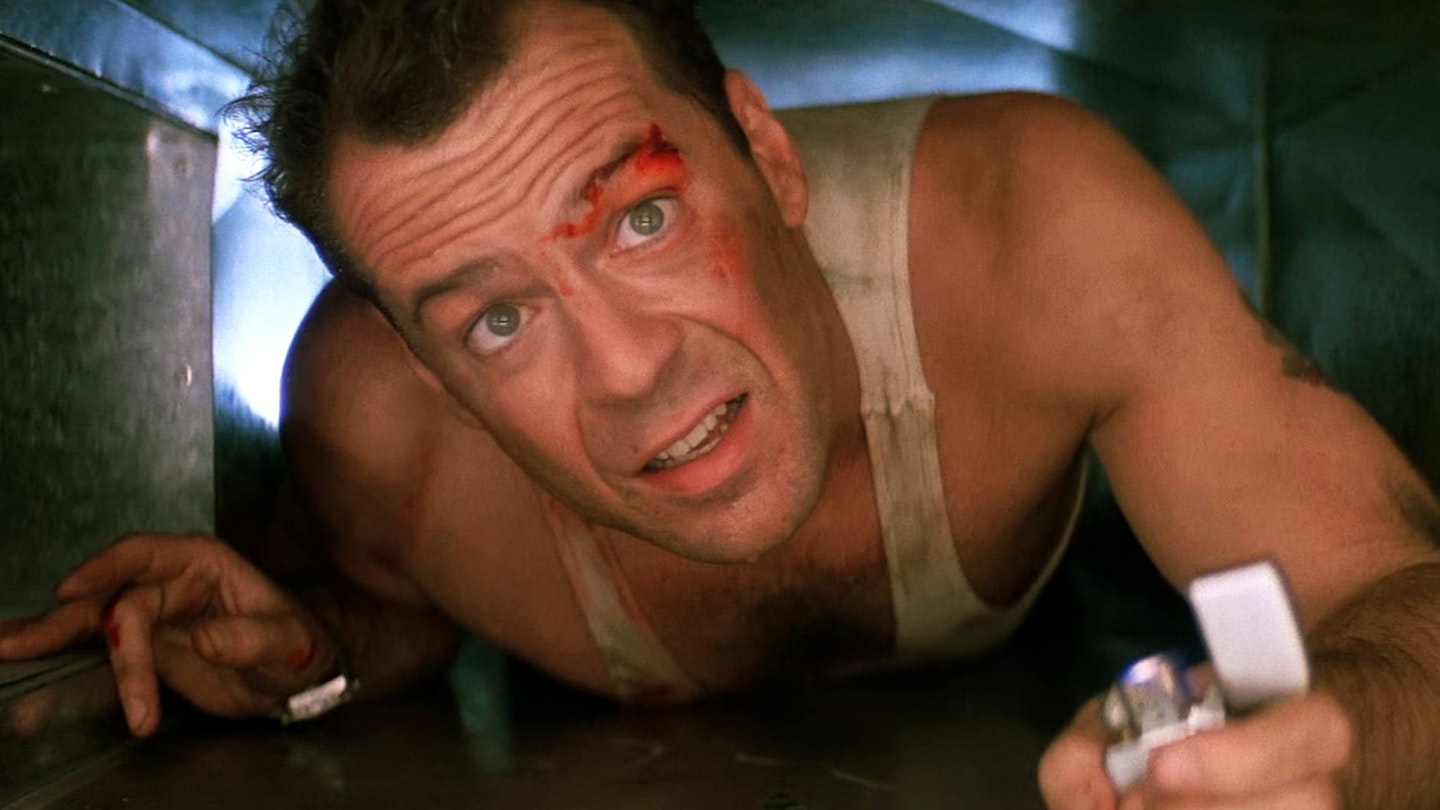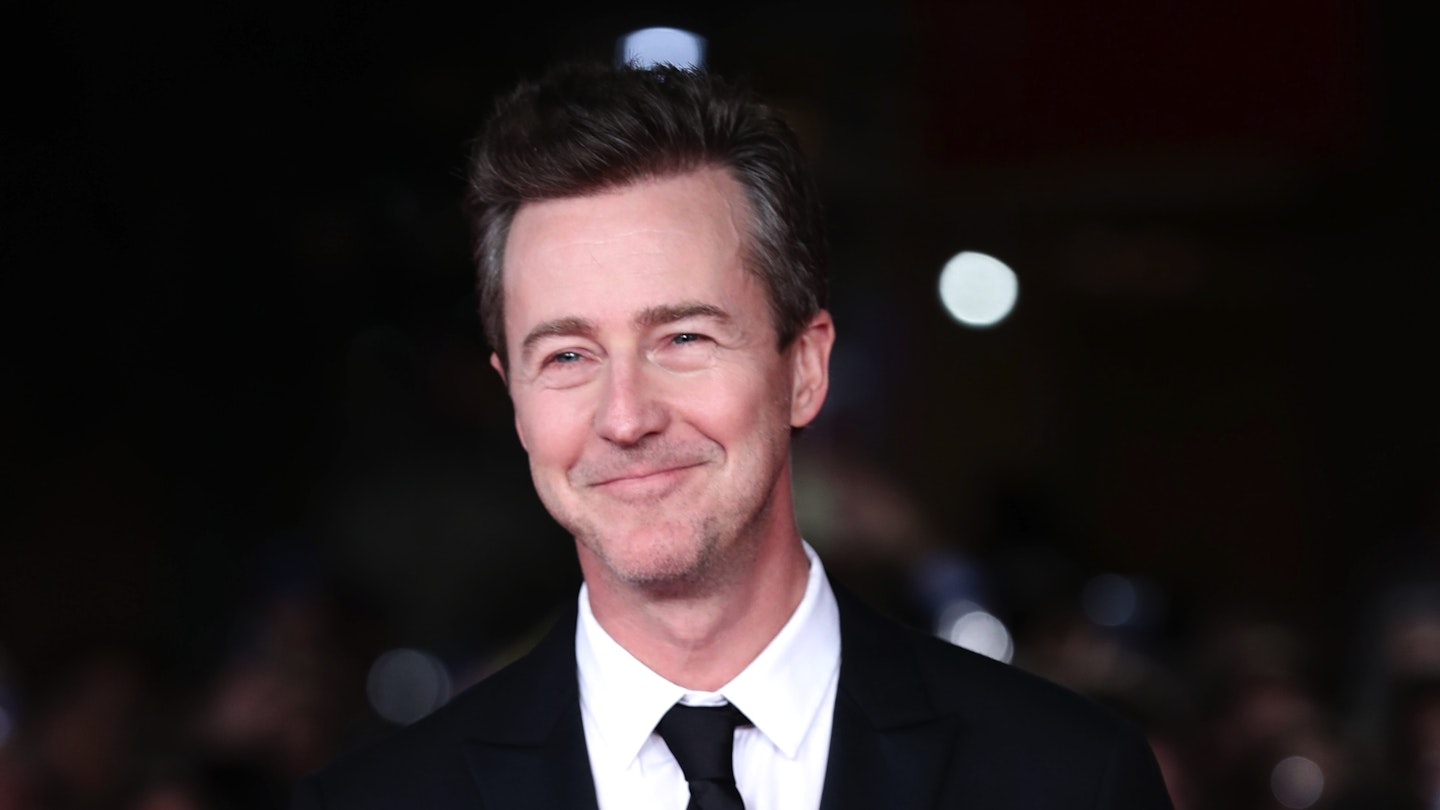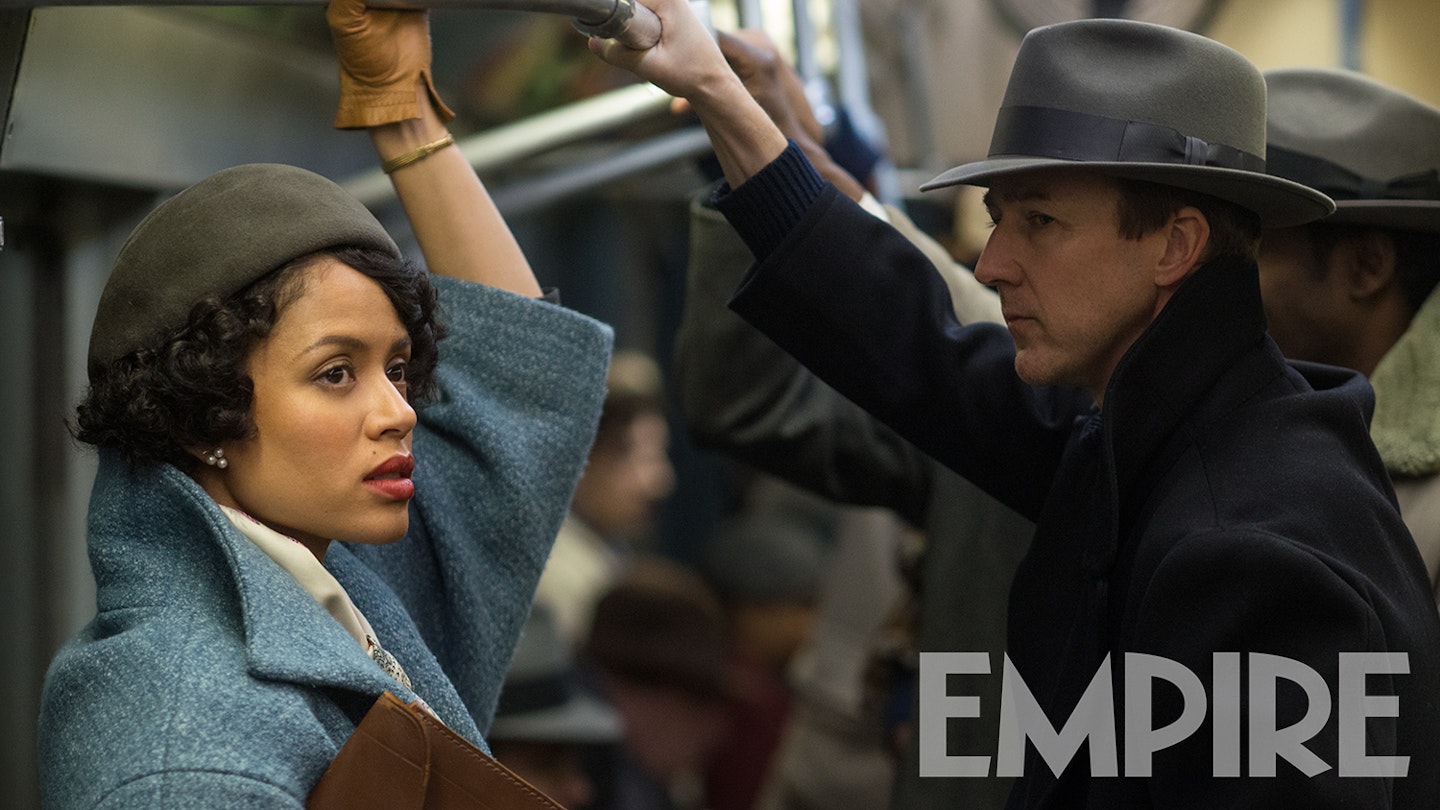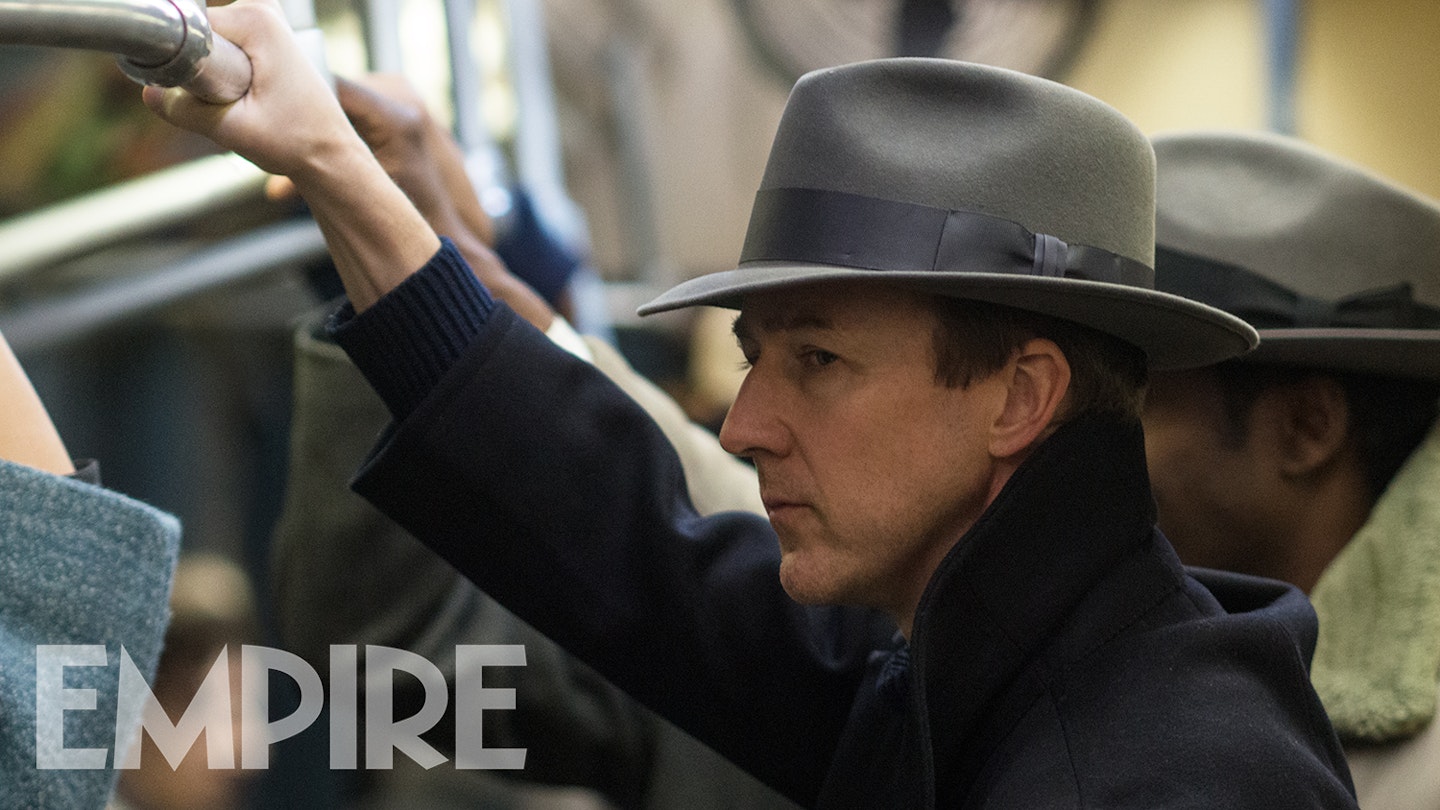Edward Norton has been developing his second film as a director – his first was Keeping The Faith, a 2000 romcom about a priest and a rabbi in love with Jenna Elfman — for two decades. Acquiring the rights to Jonathan Lethem’s novel on publication in 1999, he opted to script it himself — choosing to retain Lethem’s opening chapter and central character, but change everything else. It seems the pudding was in the oven too long. Everything about this long, slow private-eye/conspiracy drama is considered, careful and a little bland — an approach which doesn’t suit a movie whose protagonist has a unique, fractured point-of-view that earns picturesque nicknames, including ‘Motherless Brooklyn’ and the easier-to-understand ‘Freakshow’.
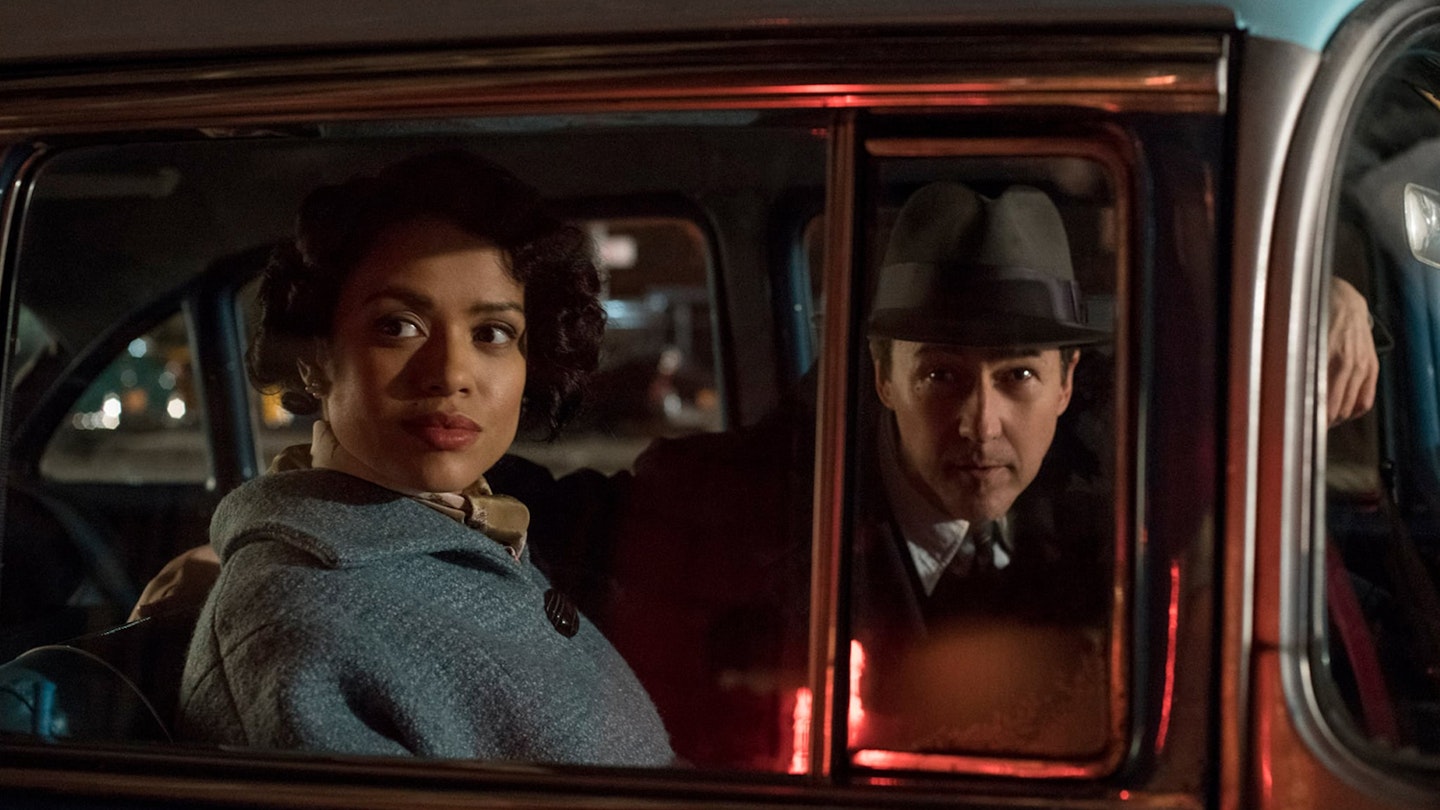
The novel has a contemporary setting and is a detective story in which the narrator investigates his own convoluted psyche, but the film relocates to the 1950s and tips in a plot about New York City planning, with a villain out to ethnic cleanse run-down neighbourhoods to build parks and futuristic skyscrapers. This strategem owes so much to Chinatown that it’s not too hard to figure out that the finale will hinge, as it did in Roman Polanski’s film, on the personal perversions of a monstrous robber baron. The problem is compounded by the way a supposedly brilliant sleuth takes two- and-a-half hours of trudging around libraries, public records offices, press conferences, jazz clubs, and slums — with time-outs for a few regulation back alley beatings — to see through a mystery that turns out to be standard. He even seems to forget he’s supposed to be avenging his murdered mentor.
Norton is excellent as the usually calm, rational Lionel, who seems to share his brain with an anarchist.
From his early showing in Primal Fear and signature role in Fight Club — even in his acceptable Bruce Banner — Norton is always well cast as neuroatypical, and he’s excellent as the usually calm, rational Lionel, who seems to share his brain with an anarchist. Lionel can easily skip tracks and start talking in bepop beat poetry, which also gives him insights that make him potentially a great detective. Much of the script — the hero keeps apologising for his ‘condition’ and being treated with understanding — feels wrong for the 1950s, but Lionel’s odd, off-centre exchanges with witnesses, suspects, hoods and classy dames make for smart little scenes. Norton especially clicks when he works with Michael Kenneth Williams, playing jazzman Wynton Marsalis, and Gugu Mbatha-Raw, as the mystery woman at the heart of the puzzle.
Just as Chinatown used its 1930s history lesson to address Watergate era-America, this is obliged to extrapolate from its urban redevelopment storyline and yank in a sheaf of contemporary editorial concerns. At this point, simply casting Alec Baldwin as a political Mr Big evokes President Trump — and Baldwin goes the full Donald in a speech about the sexual opportunities of fame.
